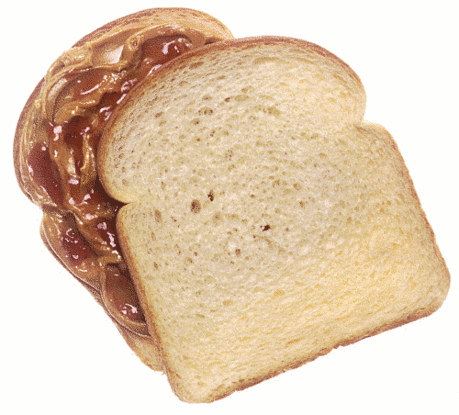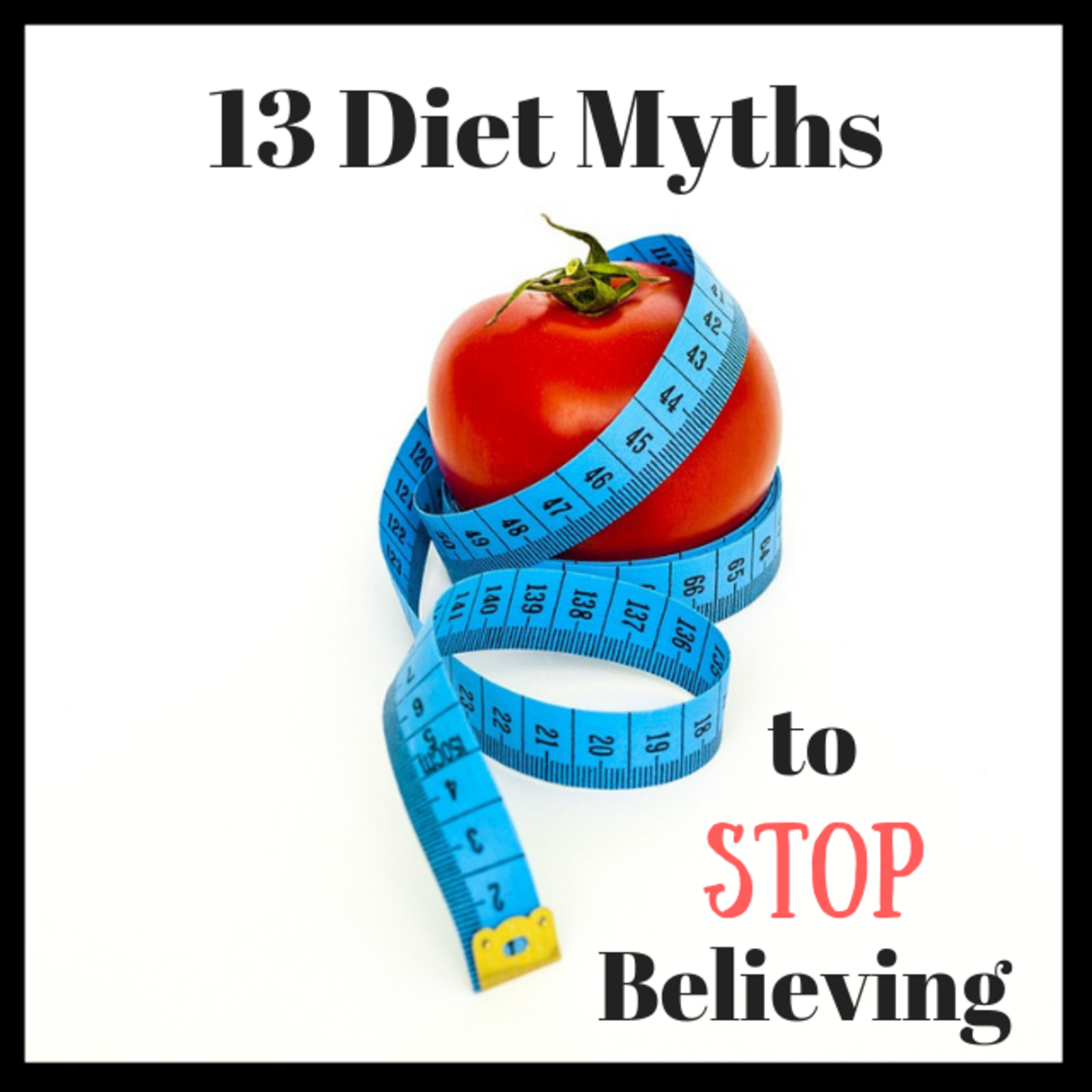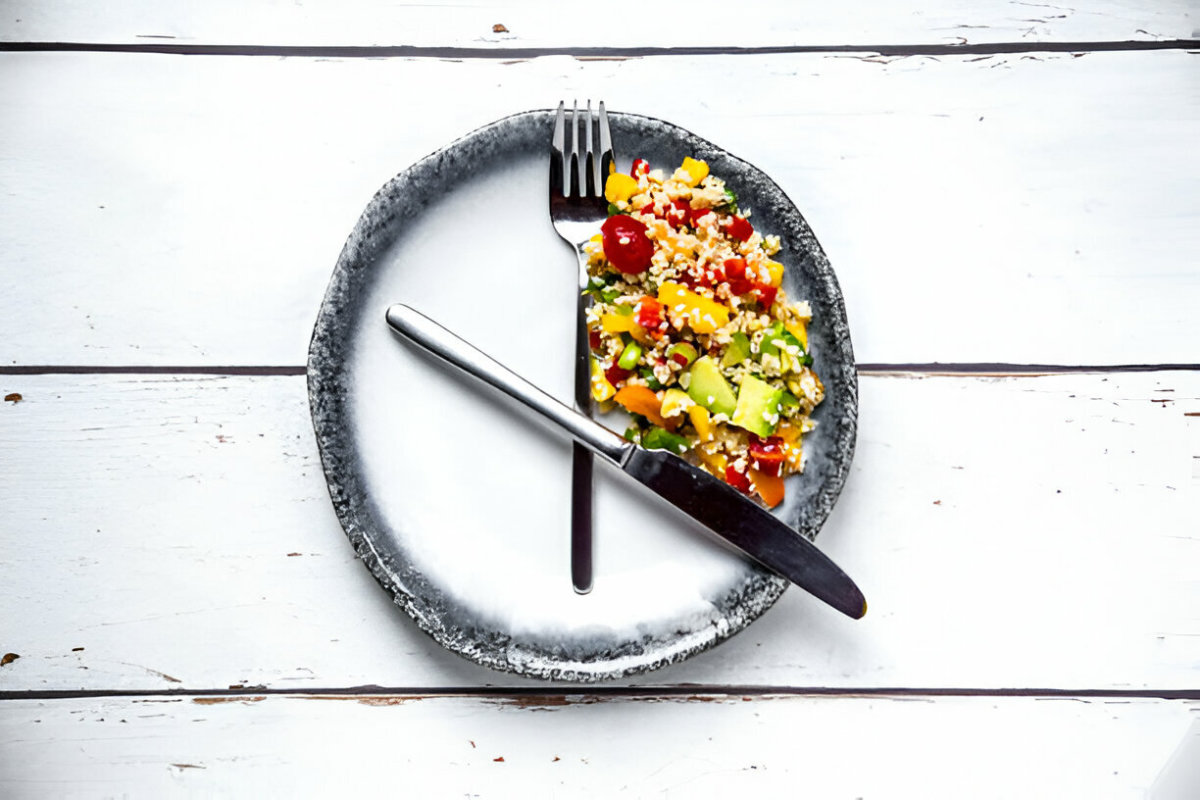Eating for Comfort: Why We Do It and How to Get The Most Out Of It

I will start out by admitting that eating for comfort is not generally the best idea, at least not on a regular basis. It doesn’t produce long lasting beneficial effects, it doesn’t solve whatever problem caused you to need comfort, and it will generally lead to weight gain if you do it on a regular basis. However, most people eat for comfort occasionally, despite plenty of advice about avoiding emotional eating. Why is that? Well, because eating comfort food does work to make you feel better, at least in the short term. Many comfort foods are high in fat, sugar and salt, which act on the pleasure centers of the brain to produce a little burst of dopamine and a sense of well-being, at least for a few moments. Carbohydrates tend to cause an increased release of serotonin; serotonin is the chemical most often targeted by anti-depressants and it can produce a feeling of calm. Chocolate is especially active in the brain, releasing not only serotonin but also endorphins, which are your body’s natural pain blocking/feeling good chemicals.
Besides the chemical effects of food, there are also positive effects from habit and association. It works like this: imagine you have pleasant memories of your beloved grandmother baking chocolate chip cookies from your childhood. Imagine that this is something that happened multiple times, and that during those times you would spend the afternoon with her in the kitchen feeling like the most loved child in the world. Well, if this were actually your experience, now as an adult when you are feeling sad you turn to chocolate chip cookies. Seeing, smelling, and eating those cookies will evoke those memories of warmth, safety, love and pleasure. For a short time you will actually feel a little bit better.
Since comfort foods do actually work in the short term to help you feel better, it is likely people are going to continue eating them. I haven’t found it practical to tell myself to just not eat certain things. I’m likely to just rebel and break my own rules, particularly when I’m feeling stressed. Instead of a prohibition, I would propose that comfort foods, like many good things in life, are best when used in moderation and with intention. If you are going to eat something for comfort, try to really pay attention to the experience. Don’t do anything else while you are eating. Take a small portion and eat it slowly. Savor the smell, the texture, and the taste of the food. In between bites think about all the good memories you have associated with what you are eating.
My top comfort foods are peanut butter and jelly sandwiches, Campbell’s Vegetarian Vegetable Soup, Chocolate Chip Cookies, Grilled Cheese Sandwiches, and Macaroni and Cheese. You might notice that all these things fit the pattern of being high in carbohydrates, salt and fat that I mentioned above. They are also all things I have fond memories of eating as a child.
What are some of your favorite comfort foods? Do they fit the pattern I described?








